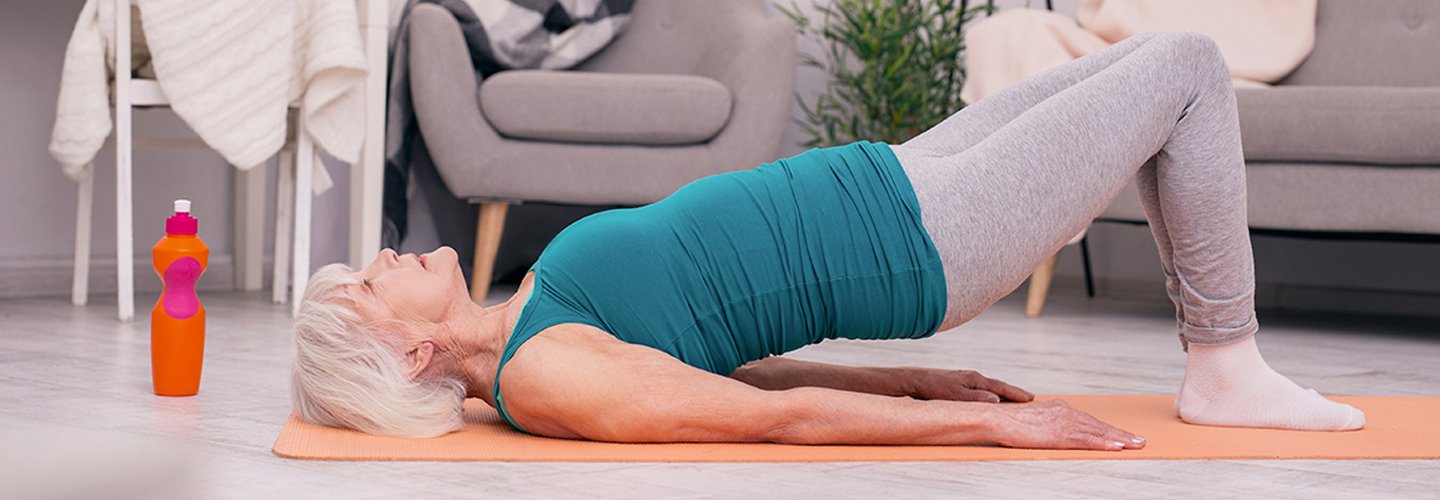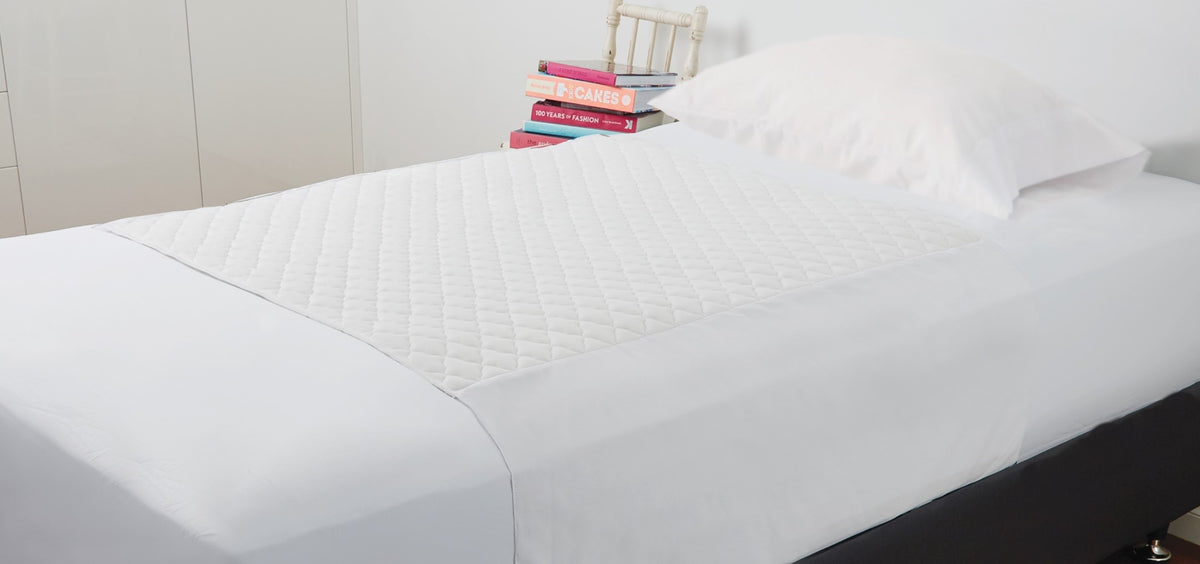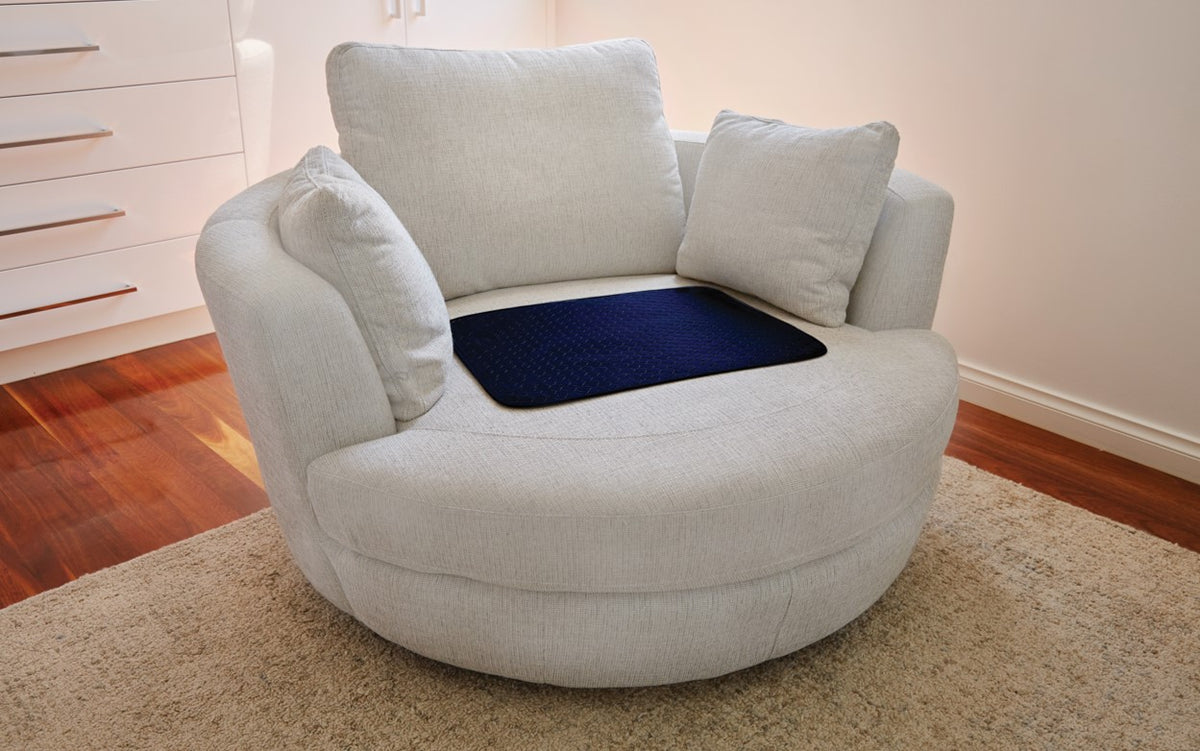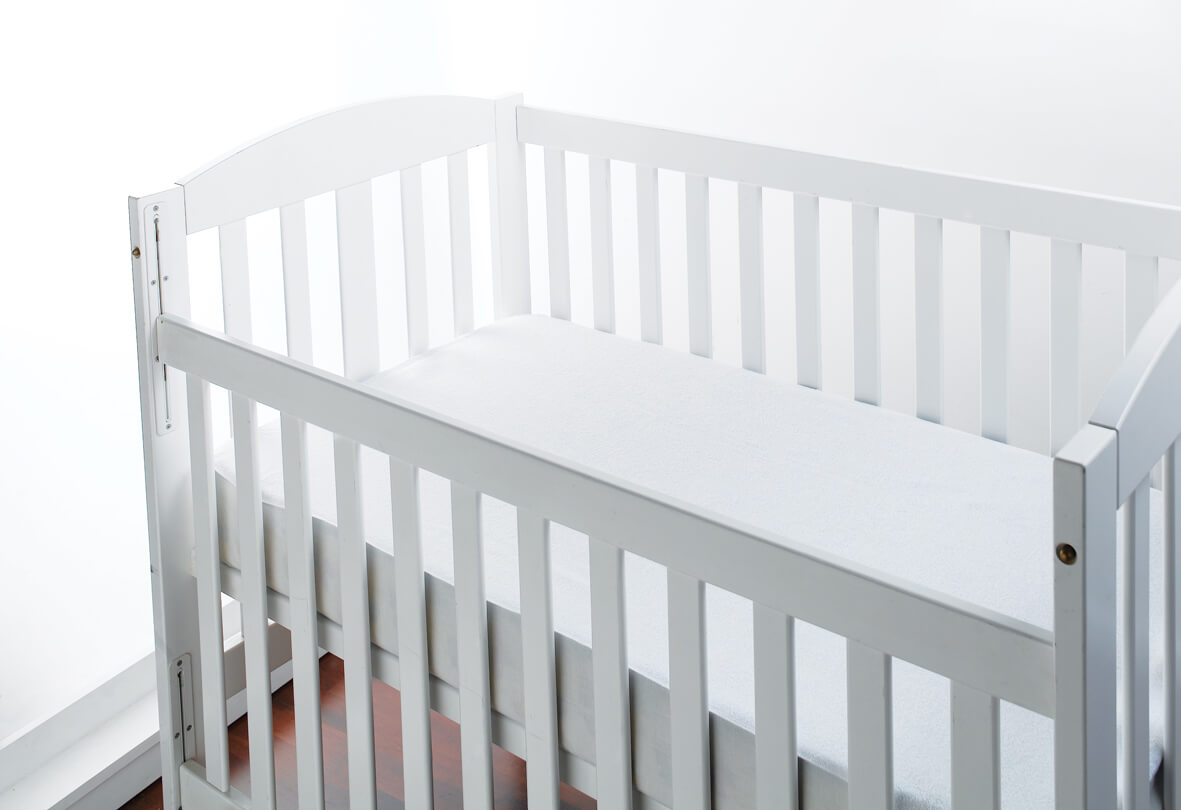Continence In Teenagers
Tue, Apr 14, 20
Causes
How to live in confidence with incontinence
The Continence Foundation of Australia states that "Research tells us that between 20,000 and 60,000 Australians aged 13 to 18 experience some form of incontinence. That’s about 1 in every 50 teenagers"
Bladder and bowel concerns are pretty common among young people. Fortunately there are many ways to treat and manage it.
Learn more here by Incontinence In Confidence.
Most young adults who wet the bed at night, which is also called nocturnal enuresis have done so since they were a young child.
Effecting both girls and boys it is more prominent in boys and whilst they may have got help when younger as they get older they may try and hide the problem and feel anxious.
Causes of bed wetting in teenagers:
Bed-wetting may run in some families, and there are a number of possible causes. These may include:
- Overnight, their kidneys making a large amount of urine
- Their bladder only being able to hold a small amount of urine
- Their bladder not fully emptying when going to the bathroom
- Not feeling the need to wake and go to the bathroom, or
being able to wake up fully
Concerns for teenagers might include:
- Embarrassment
- Not wanting anyone to know
- Difficult to talk about
- Extra washing
- Been able to stay away from home overnight sharing a bedroom
- It's impact on close personal relationships
Treatments
Most teenagers will grow out of bed-wetting over time. Their are however a number of treatments and products, depending on the cause, that may assist, and may be recommended by your family doctor. These may include:
- The use of continence products to help manage the problem such as Buddies Bed Pads and Protect-A-Bed Mattress Protectors.
- Using an alarm that sounds when the bed becomes wet.
- Bladder training techniques
- Medication that may increase the amount the bladder can hold or reduce the amount of urine produced during the night.
- Treatment for a medical condition, such as a bladder infection that may be a contributing cause.
About 2 out of every 100 hundred young adults wet the bed at night source:bladderbowel.gov.au
Sleeping away from home with confidence
Whether its at a friends house or on a school camp sleeping away from home can cause much anxiety for a young adult or child experiencing bed-wetting.
You can help them through this and ensure they do not miss out on these experiences.- Start with some sleepovers at home - they will be more comfortable about discreetly dealing with the situation if they wet the bed.
- Practice sleep-overs at their grandparents or a close friends to build their confidence
- Work with your child on solutions for managing the situation.
- Consider the use of a waterproof mattress protector that looks like a fitted sheet and can be slept on directly. We recommend a TENCEL or Bamboo product from Protect-A-Bed.
- Linen protectors which one lays across the top sheet are also a great idea as they can quickly be removed if an accident occurs in the night. Make sure the bed underneath is protected with a Protect-A-Bed mattress protector. If you want to hide the linen protector. Simply put a fitted sheet over the top.
- Consider the use of waterproof underwear. Although their are many disposable options available, washable underwear looks just like normal underwear.
- Discuss your child's bed-wetting with the parent hosting the sleepover. Have the bed made up ready prior to the other kids arriving, provide privacy in getting changed if wearing waterproof underwear.
Useful resources
Most young adults grow out of bed wetting overtime, however it can be more complicated than in younger children. Causing embarrassment and hoping to hide the problem, many may not seek help. It is important that as a parent or carer you help them discuss the issue.
Developed by the Department of Health the following brochures are a great resource for finding out more about and dealing with bed-wetting in you adults.
- Bed Wetting in Young Adults Brochure - Provided by the Department of Health
- Watertight Booklet - Provided by the Department of Health
Seek help and advice from your doctor or a continence specialist. You can contact our continence nurse directly on 1300 857 123.









